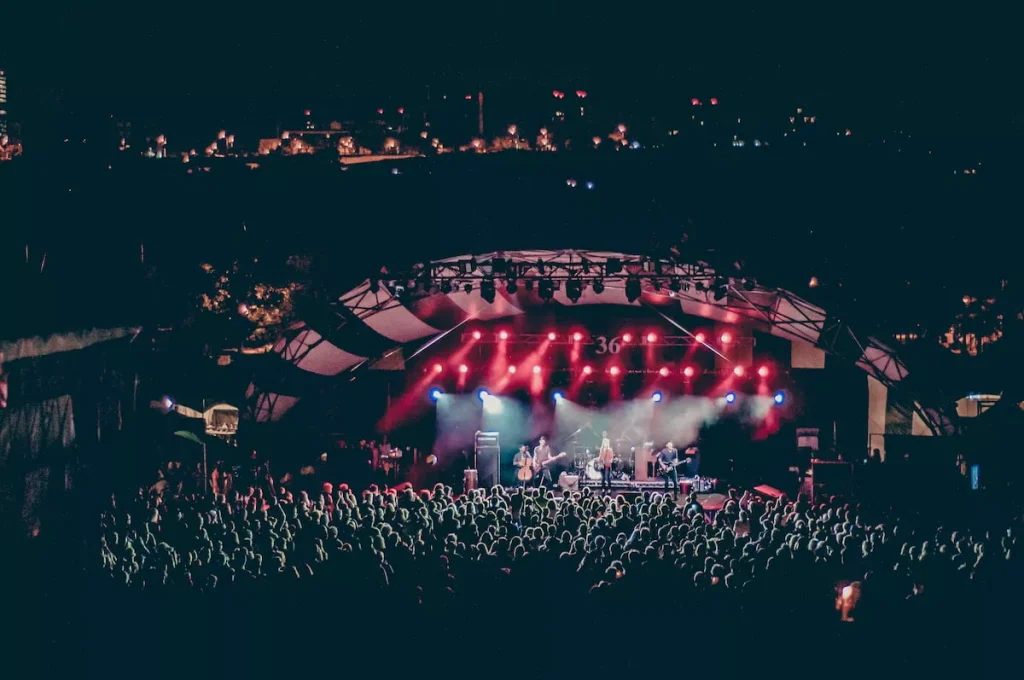Hosting an Arabic literature night in Dubai isn’t just about reading—it’s about creating a shared atmosphere. The city’s linguistic diversity and cultural openness make it an ideal place for these gatherings. Whether you’re showcasing classical prose from Mahmoud Darwish or modern works by UAE authors, the key is resonance. Literature here bridges generations, dialects, and themes. Organizing such an event requires thoughtful attention to content, space, language register, and inclusivity. These evenings become memorable when readers feel both intellectually engaged and emotionally seen. In a fast-paced metropolis, a night dedicated to stories becomes a sanctuary.
Choosing a venue that encourages intimacy and cultural resonance is essential
Space shapes experience. In Dubai, consider locations that allow literature to breathe—small art galleries, majlis-style rooms, or even rooftop spaces. Venues like Alserkal Avenue, Courtyard Playhouse, or cultural halls in Mirdif offer ambiance without distraction. If you’re hosting in Arabic, check acoustics carefully. Intimate rooms with carpets or soft seating promote attentiveness. Outdoor spots near the Creek or gardens in Jaddaf can also host smaller circles, especially in cooler months. Avoid spaces dominated by food or noise unless they have separate lounges. Arabic literature requires presence—and your venue should support that presence.
Selecting a compelling theme helps guide the flow and audience connection
Each literature night benefits from thematic cohesion. Whether you’re focusing on modern Emirati authors, Andalusian poetry, diaspora narratives, or Arab science fiction, having a theme helps guide your choice of excerpts, speakers, and even decor. Themes can be literary or social. For instance, hosting a night on “Belonging and Exile in Arabic Literature” invites both personal stories and broader texts. In Dubai, themes related to identity, memory, faith, and innovation often resonate well. Prepare 3–5 discussion prompts tied to the theme to keep the energy flowing between readings.
Mixing prose, poetry, and personal narrative keeps the night dynamic
Avoid a monotone format. Blend different forms—short fiction, classical poetry, spoken word, and memoir. Invite speakers with varied backgrounds. A Palestinian academic might read from Ghassan Kanafani, while a Sudanese high schooler shares a self-written piece. The contrasts build rhythm. Dubai’s literary scene values voice as much as text, so emphasize vocal delivery. You don’t need to stick to literary Arabic; colloquial dialects can breathe authenticity into the moment. Just be sure to indicate language preferences in your invitation, so participants know what to expect and prepare accordingly.
Collaborating with local writers and bookstores brings credibility and depth
Reach out to Dubai’s literary community. Bookstores like those in DIFC, Al Quoz, or Dubai Mall sometimes host reading events and can help promote your evening. Writers affiliated with the Emirates Literature Foundation or participants in ArabLit platforms may be open to joining. These collaborations not only bring audience but elevate quality. Ask if featured writers want to do short readings or Q&A sessions. Many are eager to connect with readers directly. Just make sure to brief them on timing and theme early—respect for their work is key.

Include audience participation to deepen engagement
A good literature night listens as much as it speaks. After 2–3 readings, open the floor. This can take many forms: a reflective silence, open-mic contributions, or small group conversations. If you’re reading a classical poem, ask the audience what line moved them most and why. If someone has a translation of a dialect text, invite them to share how it felt in their voice. These small moments build community. In a multicultural city like Dubai, including listeners turns your event into a conversation, not just a performance.
Curating light refreshments can reinforce the evening’s regional tone
While food isn’t the main focus, offering Arabic coffee, mint tea, or simple sweets like dates and maamoul can add a hospitable touch. These details signal that guests are entering a cultural space as much as a literary one. If your night features texts about migration or memory, consider snacks that relate to those geographies. Even a small tray of pistachios or za’atar bread can evoke home. In Dubai, where many attendees may be expatriates, these gestures don’t just satisfy—they connect.
Silent reading interludes and music create depth and space
To avoid event fatigue, consider inserting silent reading moments where guests read a provided excerpt on their own. This slows down the pace and invites reflection. Low-volume oud music or ambient desert sounds can enhance the mood between sessions. Be careful with background volume—Arabic text deserves focus. If you use sound, do it sparingly and with intention. Even a two-minute intermission with soundscapes can refresh attention for the next section.
Promote through curated channels and cultural networks, not just mainstream platforms
You’ll reach the right audience by sharing through the right channels. WhatsApp groups focused on Arabic writing, UAE poetry circles, or Dubai-based cultural educators are far more effective than generic event sites. Posters at mosque libraries, university bulletin boards, or small cafés in Al Satwa and Oud Metha work well for Arabic-speaking readers. Instagram and Telegram are popular, but email newsletters from cultural spaces still bring dedicated readers. Personal invitations—especially in Arabic—carry more weight than flashy flyers.
Documenting the evening with care ensures its legacy and continuity
Capture photos, quotes, or audio snippets with consent. These serve not just for sharing, but for remembering. Post-event, compile a short recap. What stories resonated most? What surprised your audience? If attendees want to meet again, consider forming a recurring circle. Arabic literature nights in Dubai aren’t one-offs—they often evolve into ongoing communities. Keep a contact list, share a reading list, or invite attendees to co-host next time. The more collaborative the future, the richer it becomes.
This guide to organizing Arabic literature nights in Dubai was written by the www.few.ae team to support those who want to bring voices, verses and shared meaning into the heart of the city.
